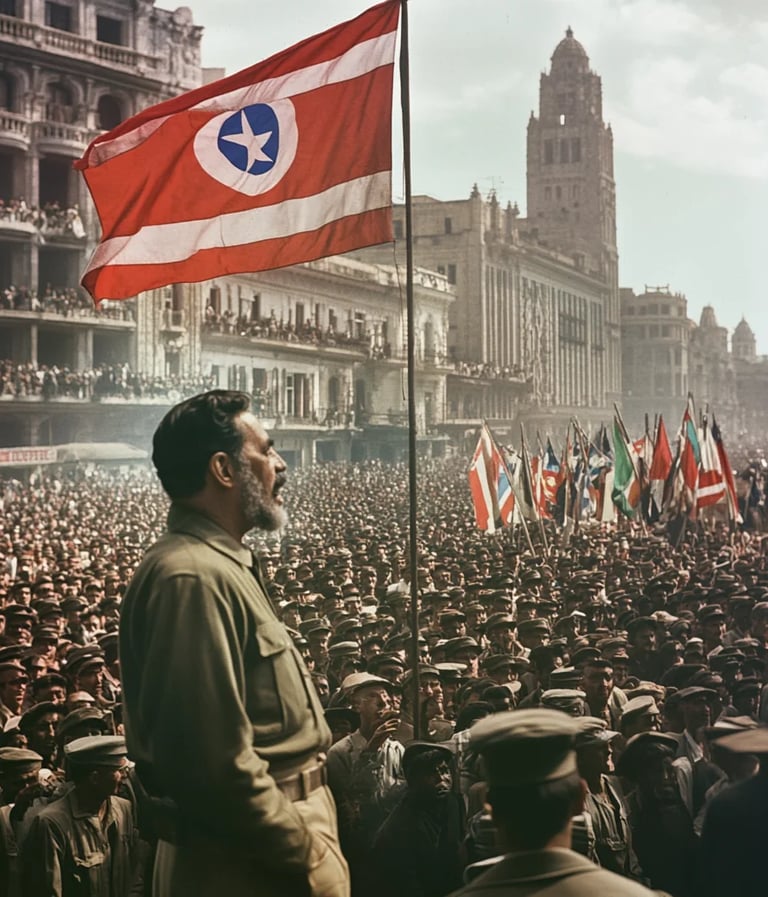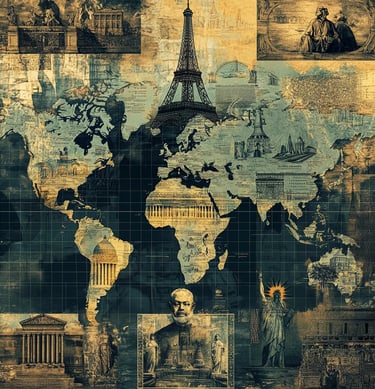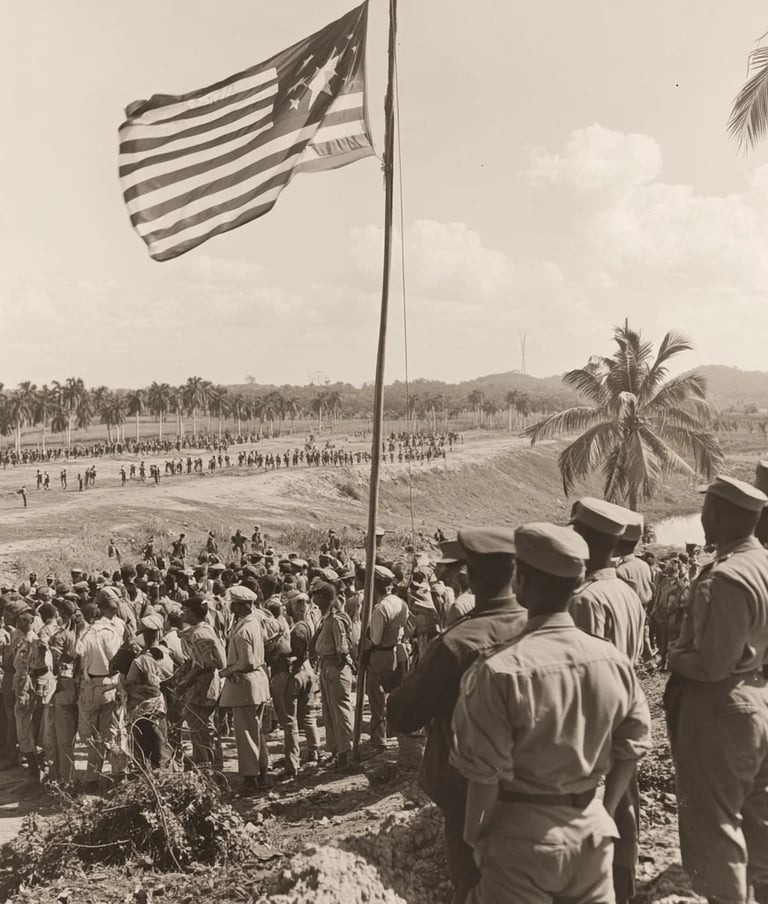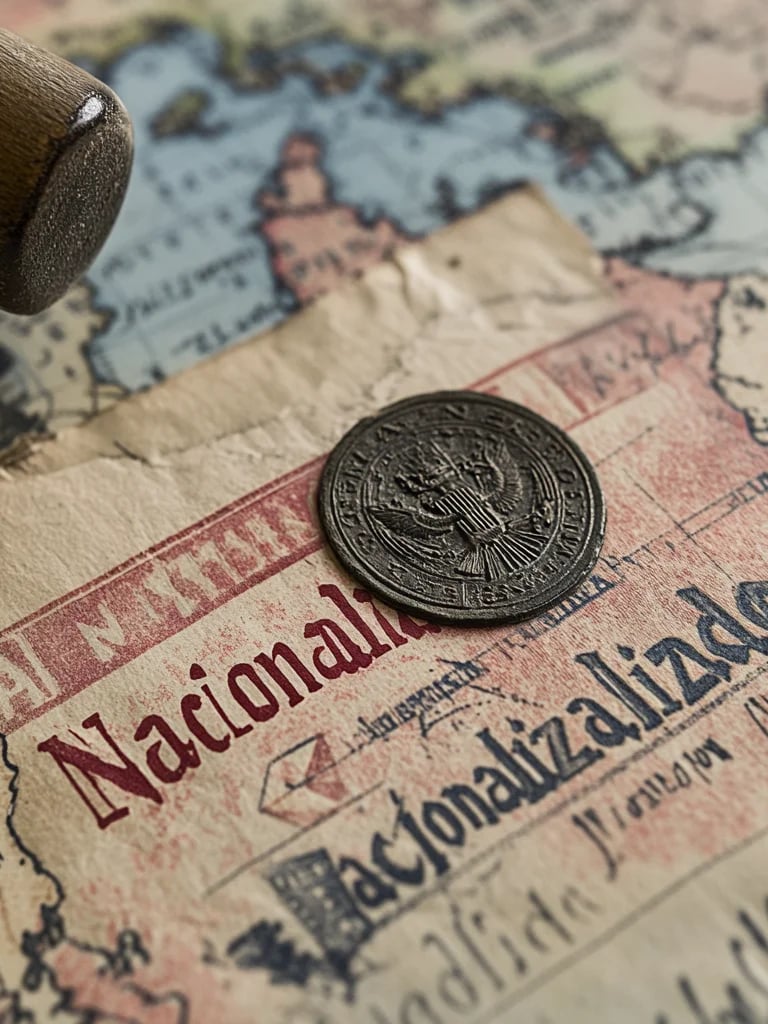After more than a thousand years, the Holy Roman Empire is formally dissolved by Emperor Francis II following his defeat by Napoleon at the Battle of Austerlitz. This event marks the end of an era in European history and the reorganization of Central Europe under the influence of Napoleon's French Empire.
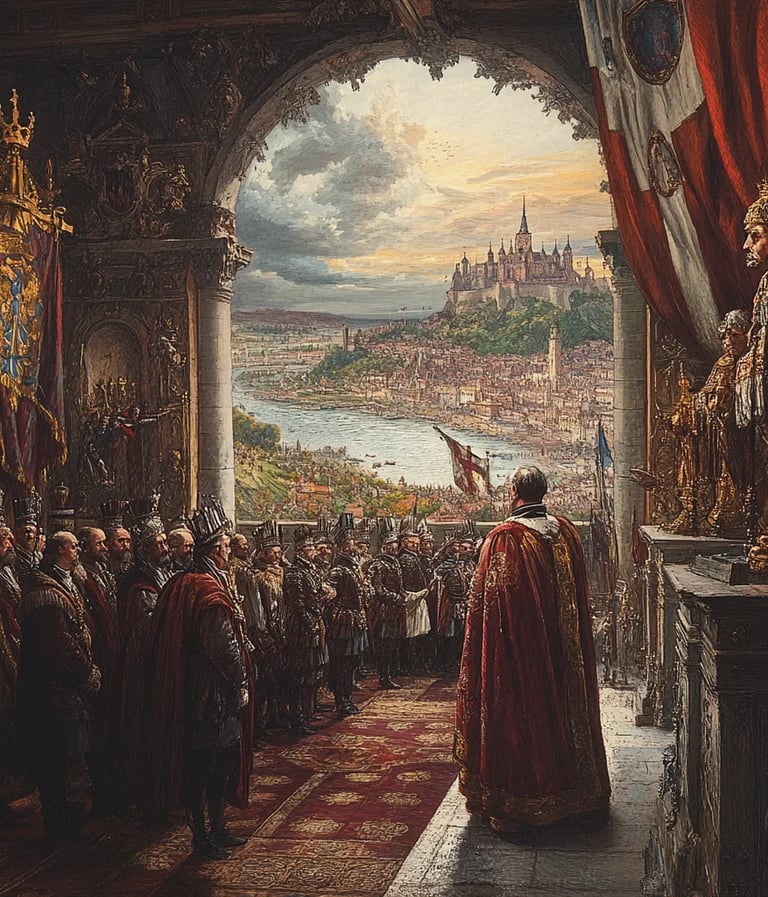

1806 - The Holy Roman Empire is Dissolved
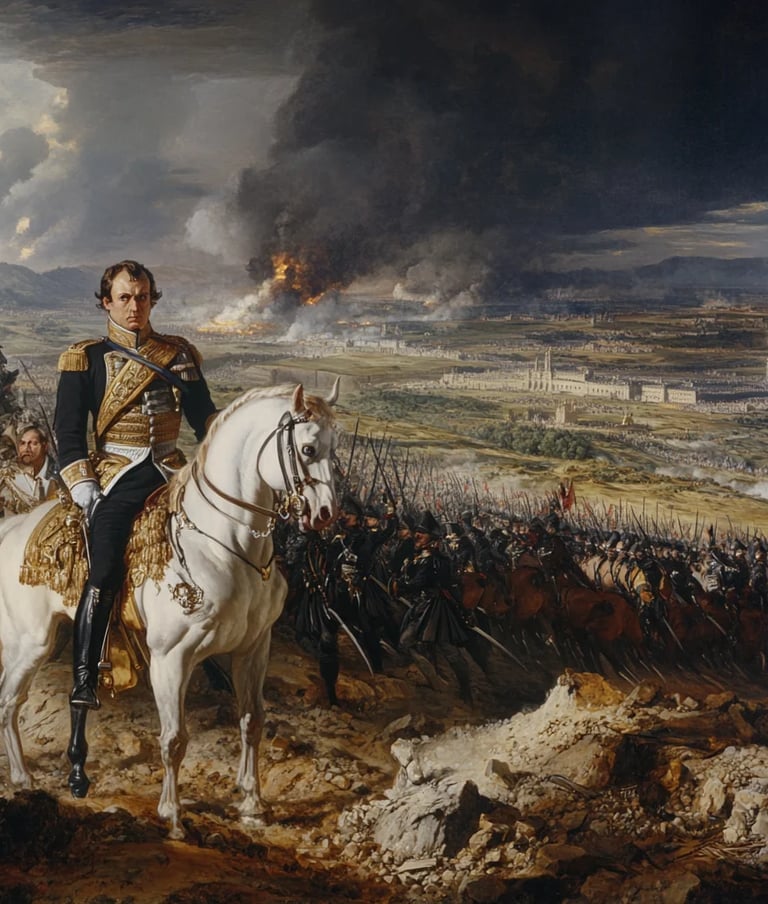

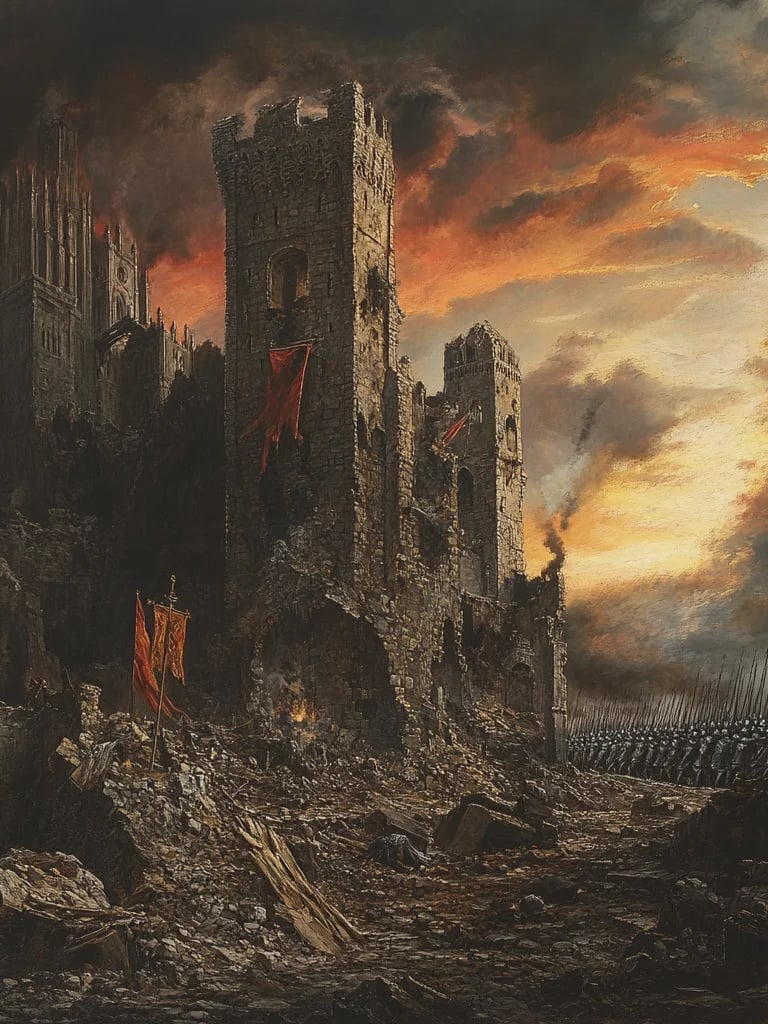

William Kemmler becomes the first person to be executed by electric chair in Auburn Prison, New York. This event introduces a new method of capital punishment, intended to be more humane than previous methods, but it sparks controversy and debate over the ethics of the death penalty.
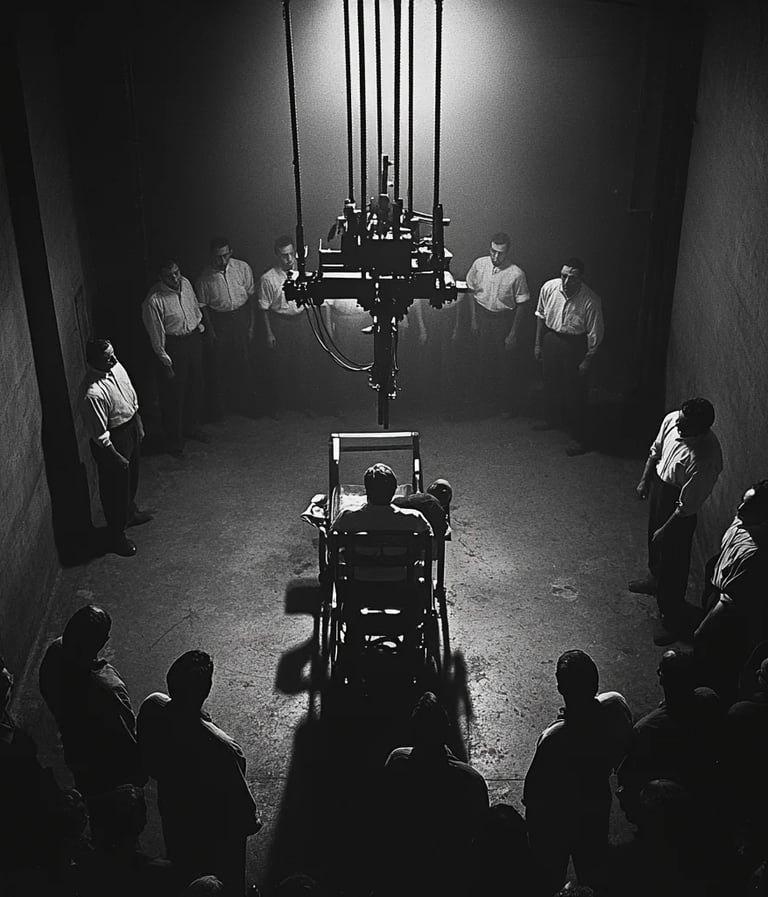

1890 - First Execution by Electric Chair
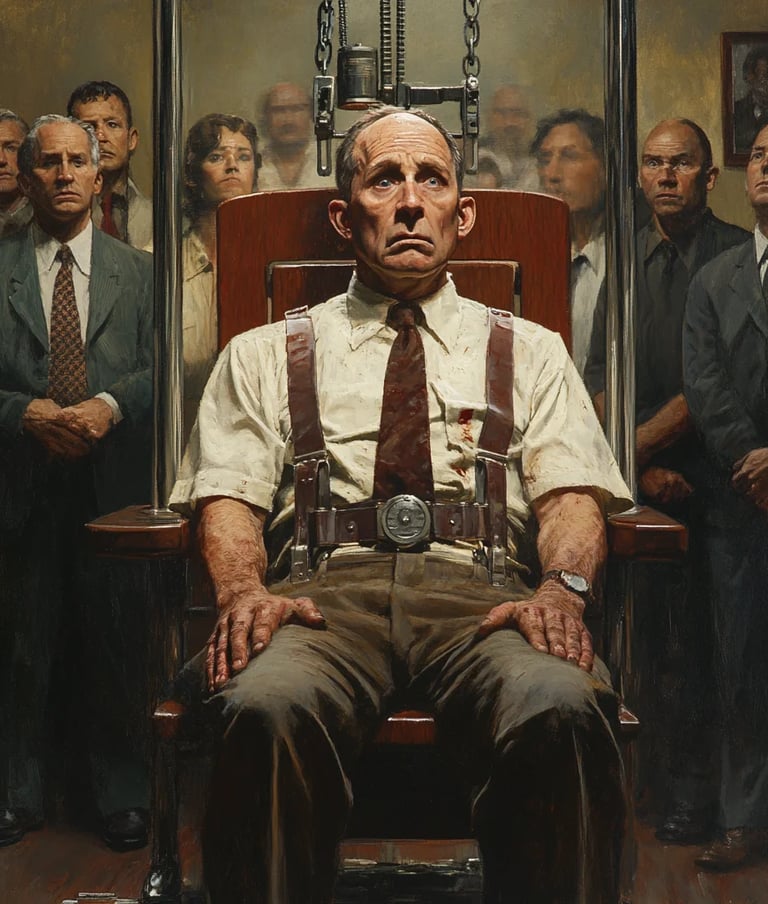

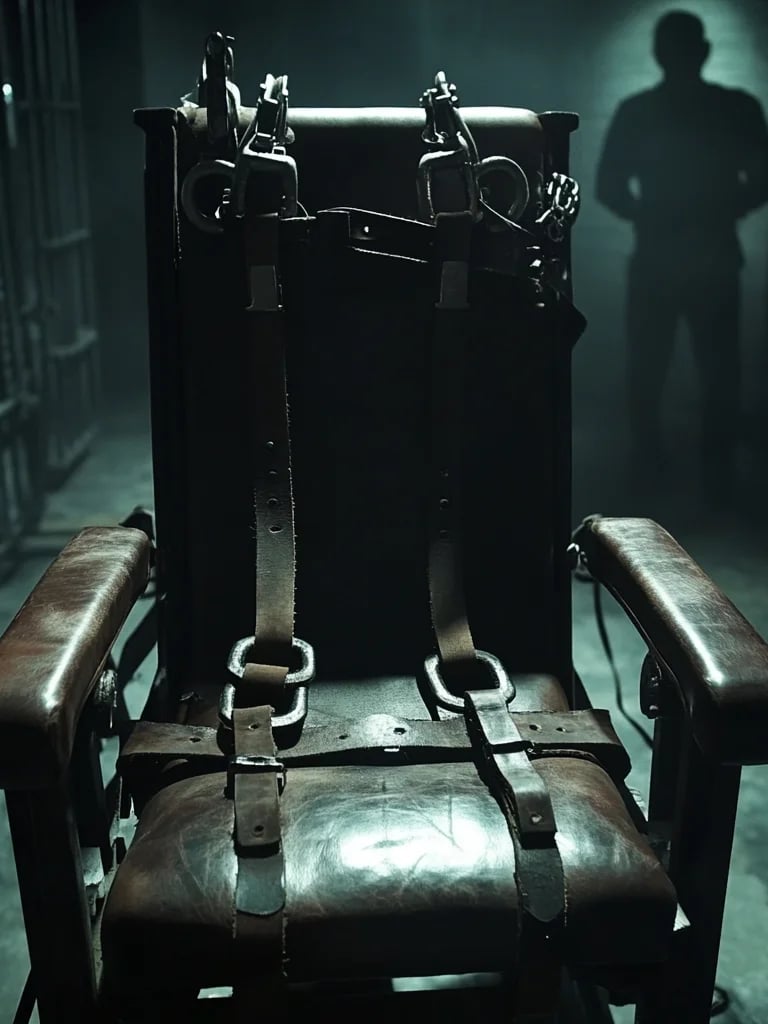

The United States drops an atomic bomb on the Japanese city of Hiroshima during World War II, marking the first use of nuclear weapons in warfare. The bomb causes unprecedented destruction and loss of life, leading to Japan's eventual surrender and raising global awareness of the devastating power of nuclear weapons.
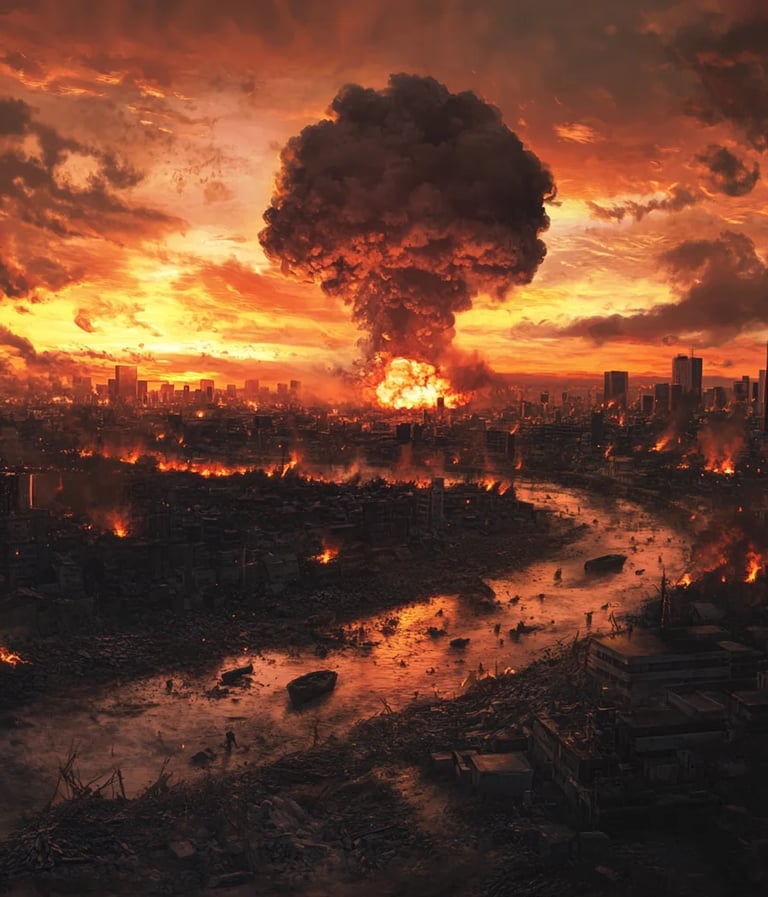

1945 - Atomic Bomb Dropped on Hiroshima
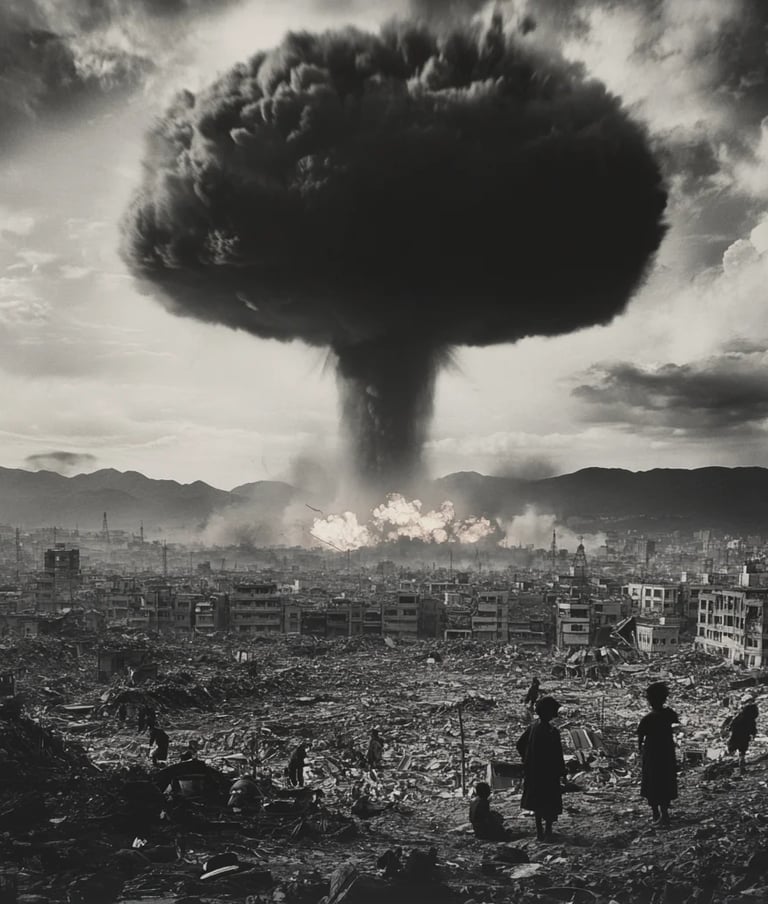

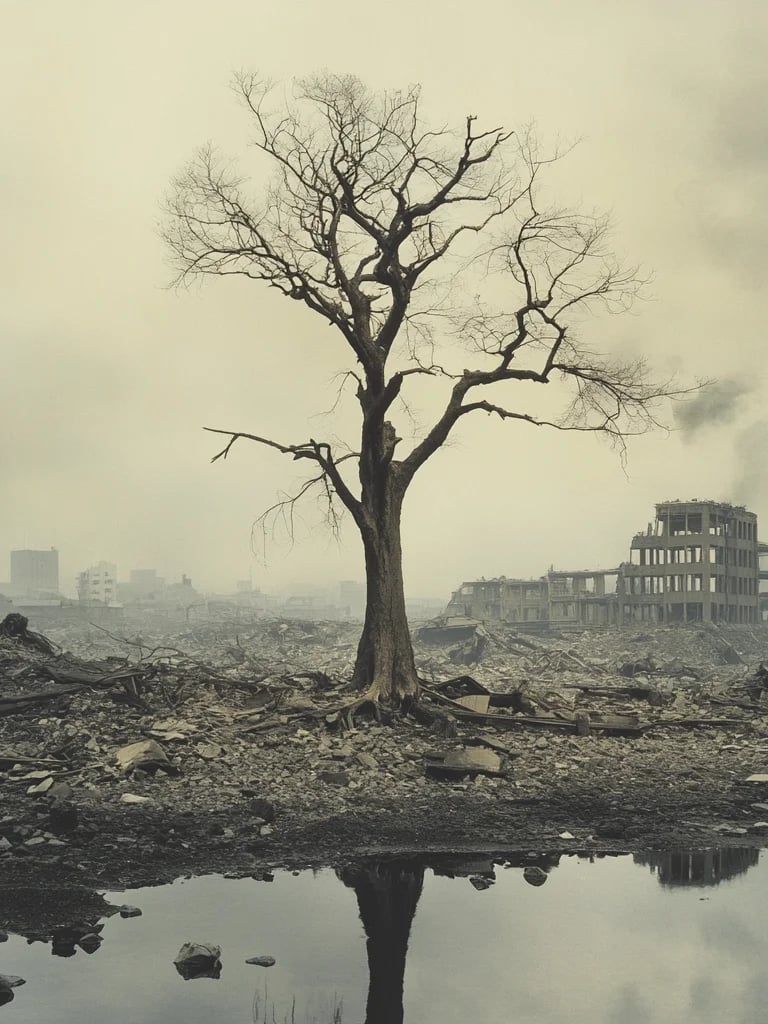

Tim Berners-Lee, a British scientist at CERN, releases the first publicly available web browser and webpage, marking the birth of the World Wide Web. This innovation revolutionizes communication, information sharing, and technology, laying the foundation for the digital age and transforming how people interact globally.
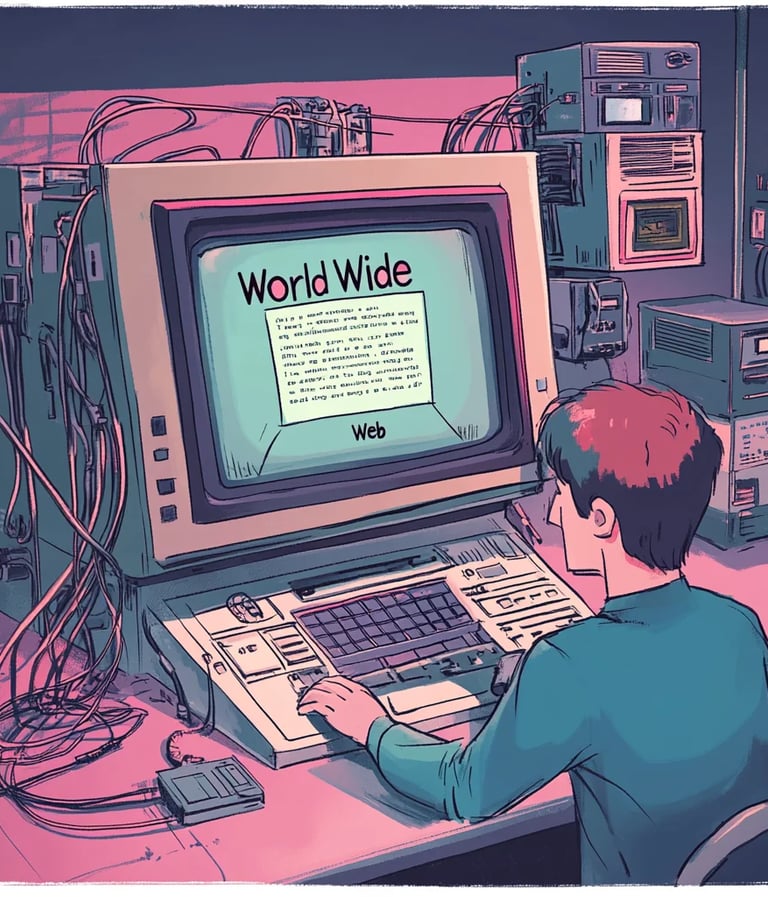

1991 - The World Wide Web is Opened to the Public




The Cuban government, under Fidel Castro, nationalizes all foreign-owned property in the country, including American-owned businesses and sugar plantations. This move escalates tensions between Cuba and the United States, contributing to the U.S. embargo and the broader Cold War conflict in the Western Hemisphere.
